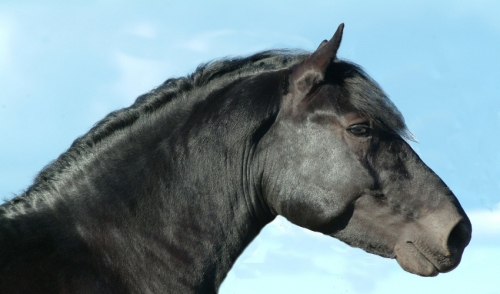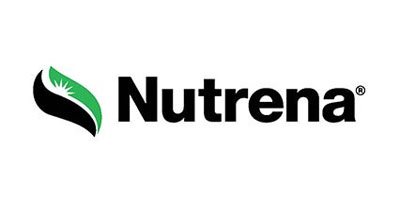{article.name}
Stay Informed
Horse Breeding for Beginners

- Share this:
- Share on Facebook
- Pin on Pinterest
- Tweet on Twitter
Equine breeding is undoubtedly an exciting venture for horse owners. Humans develop unbelievable bonds with their horses and deciding to pursue breeding only furthers this relationship. It’s a big decision that requires considering many different factors, including the costliness of being a horse owner, and genetic makeup of both horses involved. Once you’ve decided to go forth with the breeding process, it’s adamant that you familiarize yourself with the basics to make the decision worthwhile.
Firstly, you should evaluate your horse’s genetic makeup so that a proper mate can be discerned. You must be aware of their strengths, weaknesses, and physical attributes, and choose a mate that will perfectly compliment and balance them out. To start, identify the type of riding your horse excels in. Do they impress in dressage, racing, or something else? Be in tune with these strengths and weaknesses. The ideal product of horse breeding is a foal that exhibits all of the strengths, but none of the weaknesses of either parent. This crossbreeding of horse species is the best way to maximize the foals genetic makeup. Often the best way to learn more about your horse’s genetics is to explore its family tree. Try and trace back the pedigree of your horse, even if it’s only a generation. If you’re evaluating a potential mate, it’s not a bad idea to gather information on the physical attributes and behavior of their ancestors as well. Another prized and expensive equine breed is the elusive purebred, which is uses a very limited gene pool to choose two horses of the same breed for mating. This requires thorough general health and breeding exams prior to the mating process.
Once a mate has been chosen, it’s important to concentrate on the overall well being of your horse during the breeding process. It’s crucial to stabilize the weight of the female so that the healthiest foal possible develops in the womb. An excessively high or low weight during pregnancy could potentially harm the foal and cause certain detriments and deficiencies. Expert veterinarians can monitor this during the horse pregnancy, in addition to providing regular checkups and vaccinations. Before you decide to pursue horse breeding, determine your ultimate goals for doing it in the first place. Horse breeding is a massive financial investment that requires the consideration of many different factors. There’s no such thing as a perfect foal, so you have to have the right mindset going into it. Although it’s a very exciting opportunity, it’s important to keep in mind that breeding takes horse ownership to a whole new level.
Special Offers
We are constantly adding new specials to our site. Be sure to check back often!




Comments